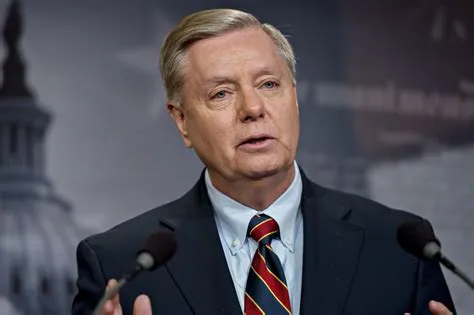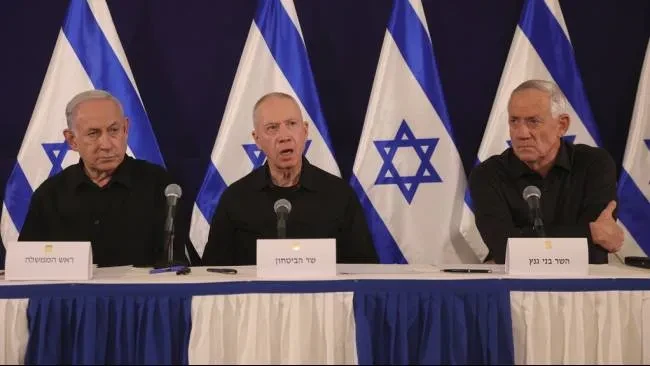jfid – Israeli Prime Minister Benjamin Netanyahu has made a controversial decision to dissolve the War Cabinet, which was tasked with coordinating military operations and responses to security emergencies, particularly concerning the Gaza conflict.
This move comes amidst escalating internal political tensions and increasing external pressures.
The decision follows deep-seated disagreements between Netanyahu and two key members of the cabinet, Defense Minister Benny Gantz and former IDF Chief of Staff Gadi Eisenkot.
Both resigned from their positions due to disagreements over Gaza war strategies and Netanyahu’s perceived alignment with right-wing elements within his coalition.
The dissolution of the War Cabinet has sparked widespread concerns regarding Israel’s governmental stability.
Netanyahu now faces significant challenges from ultra-Orthodox and right-wing factions within his coalition.
These internal conflicts exacerbate political turmoil and could potentially prolong the Gaza conflict.
Dr. Avraham Diskin, a political analyst from Tel Aviv University, commented, “The dissolution of this cabinet underscores cracks within the government coalition. This is a critical moment for Netanyahu as he loses two key allies in security strategy.”
The resignations of Gantz and Eisenkot represent a substantial blow to Netanyahu. Both figures wielded considerable influence and expertise in military and security affairs.
Their departure leaves Netanyahu more reliant on support from right-wing elements that may advocate more aggressive military approaches, potentially prolonging conflicts with Gaza and escalating tensions with Hezbollah in Lebanon.
Netanyahu also faces pressure from ultra-Orthodox parties concerning issues such as military conscription, a longstanding source of tension within his coalition.
These disputes further inflame domestic political tensions and complicate efforts to achieve long-term stability or consensus.
The decision to dissolve the War Cabinet has also heightened criticism from the international community.
Many have condemned Israel for its military actions in Gaza, describing them as genocidal against Palestinian civilians. Netanyahu’s move has worsened Israel’s global image and could strain diplomatic relations with other nations.
A spokesperson for Amnesty International stated, “This decision underscores Israel’s lack of commitment to peaceful solutions and respect for human rights.”
With a more fragmented cabinet and uncertainty over military strategies, there is a possibility of further escalation in Gaza.
Militant groups in Gaza could exploit leadership vacuums and strategic uncertainties to intensify attacks, prompting Israel to respond with greater force.
Netanyahu’s decision to dissolve Israel’s War Cabinet adds complexity to domestic politics and the security situation in Gaza.
With internal challenges from ultra-Orthodox factions and mounting external pressures, the future of Israel’s political stability appears increasingly uncertain.
This move also raises serious questions about how Israel will manage the Gaza conflict and respond to evolving international criticism.











